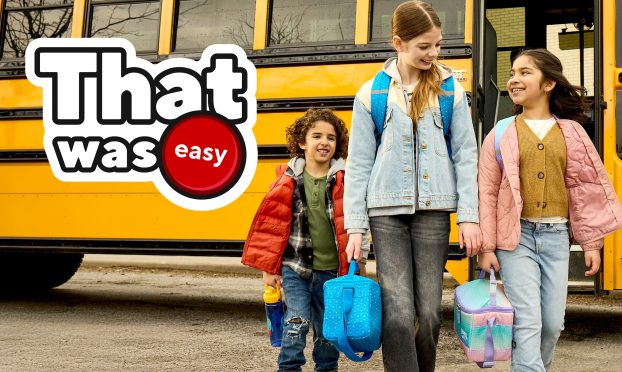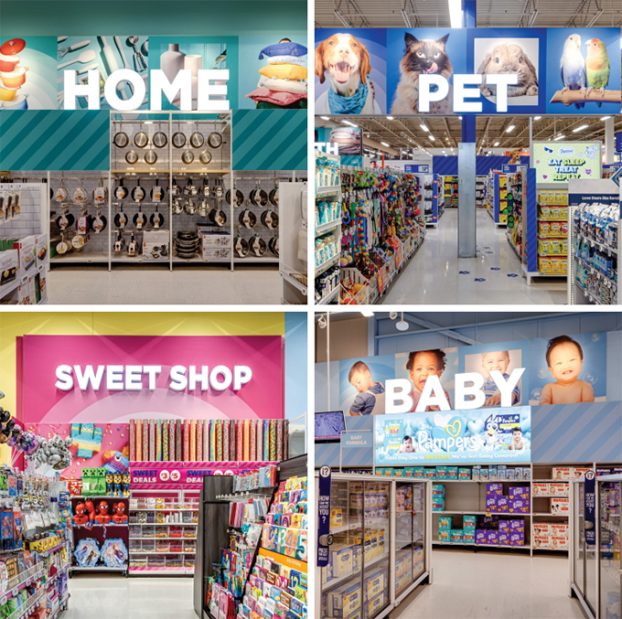Twenty years from now, when marketing professors show students how the industry reacted to the Great Covid Pandemic of 2020, the case studies of successful brands will highlight things like agility, listening to consumers, and community building.
And it’s very likely that those case studies will include some of the brands highlighted in the latest episode of Twitter Canada’s “h/t Twitter” consumer insights series.
When Covid-19 invaded North America back in March, many brands hit pause on their ad programs and media buys. For the first few weeks, Canadians’ emotions, habits, plans and, well… regular lives got thrown out the window. Marketers were unsure how to engage with people when they seemed so vulnerable.
Raise your hand if you have to rethink an entire marketing calendar this week that took months to create?
— Amanda Goetz (@AmandaMGoetz) March 24, 2020
But those that emerged from that initial freeze with messages of positivity and connection found a receptive public, and Twitter Canada is compiling best practices based on the brands who led the way on the social platform. “Twitter is about dialogue and creating community,” says Michelle Slater, head of business marketing for Twitter Canada. “The brands we look at in “h/t Twitter” excelled at that and really reached Canadians.”
Hellmann’s is excited and grateful to have been a part of #ACNH! An enormous thanks to everyone who donated their spoiled turnips to #HellmannsIsland and joined us in turning virtual food waste into 25,000 real meals to help feed real people. pic.twitter.com/dLBHojrMJo — Hellmann’s Canada (@HellmannsCanada) August 22, 2020
Hellmann’s Canada, for example, tapped into a growing community of gamers around the breakout hit Animal Crossing: New Horizons. Within eight weeks of its March launch, the video game had 11 million players worldwide farming their virtual islands and sharing pics on social media.
Hellmann’s Canada has long built its brand around reducing food waste, so in April it created a Twitter-centric campaign to get players to donate their spoiled virtual crops. For every bad turnip turned in, it would donate a real-world meal to Second Harvest.
Tweets related to the effort regularly received likes in the triple digits, and Hellmann’s reached its goal of 25,000 donated meals in August.
AmEx Canada similarly took a community-centric route during the pandemic by focusing its Twitter feed on a group deeply affected by the lockdowns: small business owners. It hosted #ShopSmallStories, a video series highlighting Canadian entrepreneurs and encouraging shoppers to support small businesses.
Watch the latest episode of the #ShopSmallStories series as I open up about the powerful meaning of the word “Boukan,” what it’s like to be a #smallbiz owner, and how people can learn about Haitian culture through my food. pic.twitter.com/JytlBVyKY7
— Amex Canada (@AmexCanada) September 10, 2020
“It’s a really innovative campaign because they turned the camera and Twitter account over to small business owners,” Slater says. “That’s quite selfless. It shows the humanity of the brand in a real way. Our data shows Canadians really care about local businesses, but this video series actually shows what it means when people shop local.”
The strategy and insights behind these campaigns, and other brand efforts that resonated with consumers, are explored in the latest episode of “h/t Twitter.”




















